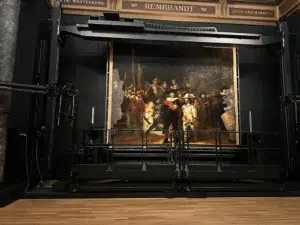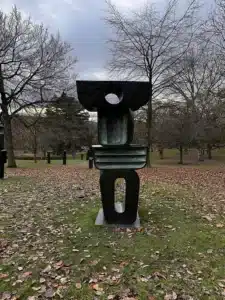As we approach the fresh start of a New Year, and at this precarious and fragile time in our world, we give thanks to our clients, our colleagues and our newly trained Consilium practitioners, and honor them by making donations to:
Mothers Out Front (local) and Evergreen Collaborative (more global).

We’ve got the whole world in our hands…..
While at a Climate Crisis-focused TEDx this past weekend, not only was the fragility of our planet brought home to me, but whether we act upon our good intentions, was put into stark relief.
Acting on our principles can come with a steep price, and yet we might never live to see the good that comes from our investment. However, our children and our children’s children may well be the beneficiaries of the choices we make today.
While our planet is certainly much larger than any one of us individually, I see parallels between choices we must make about our planet and the personal decisions that I often see people struggle with in their own lives: cost/benefit analyses when thinking about “should I go, or should I stay?” And on financial levels–”Should I settle, or should I continue to negotiate or litigate? What are the costs? What is the price? What’s my immediate gratification versus the long-term gains?”
Some of the TEDx talks which I heard required the same analysis. How does a country like Kazakhstan say no to nuclear weapons when they are threatened with the price of war? What does it mean to engage in nuclear warfare when your principles dictate nuclear weapons are anathema to humanity? What does it mean to refuse to engage in nuclear warfare when the decision not to do so might mean annihilation for your country? Togzhan Kassenova talked about the power she gained from her homeland’s decision to say No, and their ability to stand up to an oppressive political system by refusing to engage in chemical warfare even when the Soviet Union had used it as a nuclear test site.
Ranjana Bhandari dissected the equities between our environments and our people as she talked about the outsized impact of fracking on BIPOC communities, particularly that of her hometown of Arlington, Texas. Ranjana led a grassroots movement to stop fracking near Arlington’s schools after learning about the harm it was causing to local infants and children, which ranged from low birth weights to asthma to increased cases of cancer.
What are the costs of our principles? What is the price of betraying them? What’s the cost of our immediate gratification versus the long-term gains of standing upon the values we espouse? Perhaps the questions that keep us up at night, the questions we struggle to answer, are the ones we most need to ask. Solutions are possible, but not when decisions are made in isolation. It’s undoubtedly true that our collective wisdom is greater than the wisdom any one of us may hold, whether in the microcosm of our families or in the world-at-large.




